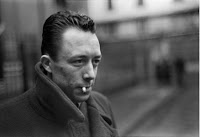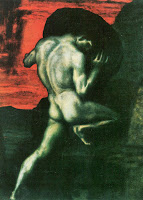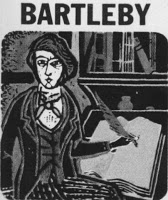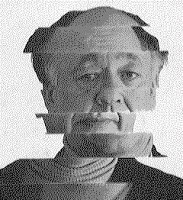Oddball Films Media
•
Feb 24, 2013
Image
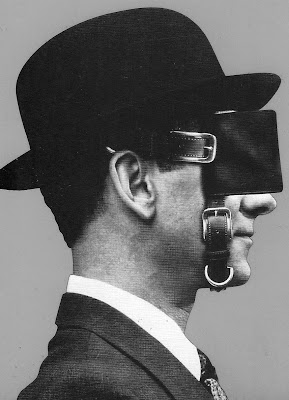
Date: Thursday, February 28th, 2013 at 8:00pm
Venue: Oddball Films, 275 Capp Street San Francisco
Admission: $10.00 Limited Seating RSVP to programming@oddballfilm.comor (415) 558-8117
“The divorce between man and his life, the actor and his setting, is properly the feeling of the absurd.”
- Albert Camus
Featuring:
Albert Camus was one of the 20th Century's most eminent philosophers, often associated with existentialist thought, and one of the fathers of the philosophy of absurdism. Absurdity, in Camus's view, involves the inevitable human struggle for some sort of clear or definite sense of meaning in a complex world where such meaning cannot readily be found. Among Camus's most important writings are The Myth of Sisyphus, a sort of treatise on the absurdity inherent in the human experience, and his philosophical novels, The Stranger, and The Plague. This profile of the philosopher/novelist/political thinker, provides an all-too-brief overview of Camus's life and work, paying special attention to the locales of his boyhood in French Algiers. Also included is interview footage in which Camus discusses some of his writings and views.
Sisyphus (B+W, 1975)
Sisyphus is an artistically spare depiction of the Greek myth of Sisphyus, sentenced to eternally roll a stone up a mountain. The animated story is presented in a single, unbroken shot, consisting of a dynamic line drawing of Sisyphus, the stone, and the mountainside.
The New Tenant (Color, 1975)
Based on the absurdist play by Eugene Ionesco, “The New Tenant” is an existential spectacle of terrifying simplicity about a man overwhelmed by his objects.
Image
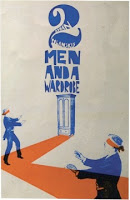
Roman Polanski’s darkly comic early film has many of the director’s preoccupations already present: alienation, crisis in identity, and a bizarre view of humanity that sees us as some very strange animals. In this quasi-surrealist jaunt, two otherwise normal looking men emerge from the sea carrying an enormous wardrobe, which they proceed to carry around a nearby town. Seeking fun, solace, or maybe some place to put the damn thing, all the two find is rejection at every turn. Watch Polanski in a bit part he later reprises in Chinatown. “Two Men and a Wardrobe” initiated Polanski’s collaboration with Krzysztof Komeda, the great Polish jazz composer who went on to score such Polanski hallmarks as Knife in the Water, Cul de Sac, and Rosemary's Baby.
An affecting adaptation of Melville's haunting short story, “Bartleby, The Scrivener,” in which a forlorn copyist, hired by a Wall Street lawyer, becomes increasingly enigmatic as his willingness to do work gradually diminishes, eventually to the point of total inactivity. The lawyer, through whose perspective the events of the story are related, finds Bartleby inscrutable, and finds himself somehow impervious to his employee's insubordination. James Westerfield plays the lawyer, and a young Barry Williams (aka Greg in The Brady Bunch) has a small role as one of Bartleby's officemates.
Melville's story prefigures Kafka's nightmarishly mundane fiction, and can likewise be seen as a forbear of the Absurdist Theatre movement. Also, Albert Camus, in a personal letter to a friend (unpublished until 1998) cited Melville as an influence.
Curator’s Biography:
Landon Bates is a UC Berkeley graduate of English Literature and plays drums for the duo Disappearing People.




